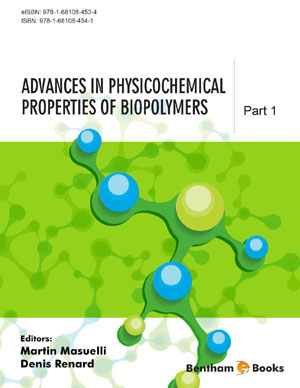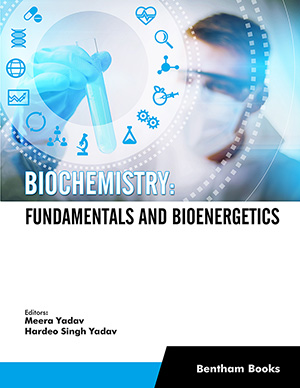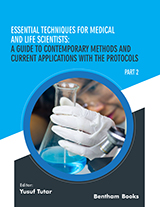Abstract
Oxidative stress distorts the mitochondrial function and triggers deleterious effects in the cardiovascular system. Further, oxidative stress-induced overproduction of highly reactive oxygen/nitrogen species (RONS) is amplified in patients exposed to radiation, excessive consumption of alcohol and tobacco, environmental pollutants, exposure to agrochemicals like fertilizers, pesticides or endocrine disrupters. In modern times, oxidative stress-induced cardiovascular diseases (CVDs) have escalated globally. Synthetic medicines prescribed for the amelioration of CVDs are expensive and can cause life-time dependency in some patients, thus escalating the treatment cost. Sometimes, long-term use of synthetic medicines or drug polytherapy for co-morbid conditions can cause undesirable side-effects. Quite often, these therapeutic strategies do not succeed in attenuating the oxidative stress related CVDs. Therefore, researchers are exploring alternative and cost-effective phytobioactive therapies which have strong antioxidant and anti-inflammation properties, and can act as scavengers of RONS. Phytobioactive compounds, nutraceuticals and probiotics prepared from plant/animal origin are potential therapeutic substances for the promotion of health and well-being. Several plant-derived phytotherapies have demonstrated strong antioxidant, antiinflammatory, cardio-protective effects, inhibition of ischemic injury as well as alleviation in the pathological cardiac biomarkers and cardiac apoptotic proteins. In this review, we have described the therapeutic functions of various phytobioactive compounds and their purported mechanism of action at the genetic, epigenetic, cellular and molecular level with respect to their antioxidant and anti-inflammatory actions for the prevention and treatment of cardiovascular disorders.
Keywords: Anti-inflammation, Antioxidants, Cardiovascular diseases, Myocardial infarction, Nutraceuticals, Oxidative stress, Phytobioactive compounds, Probiotics.

















